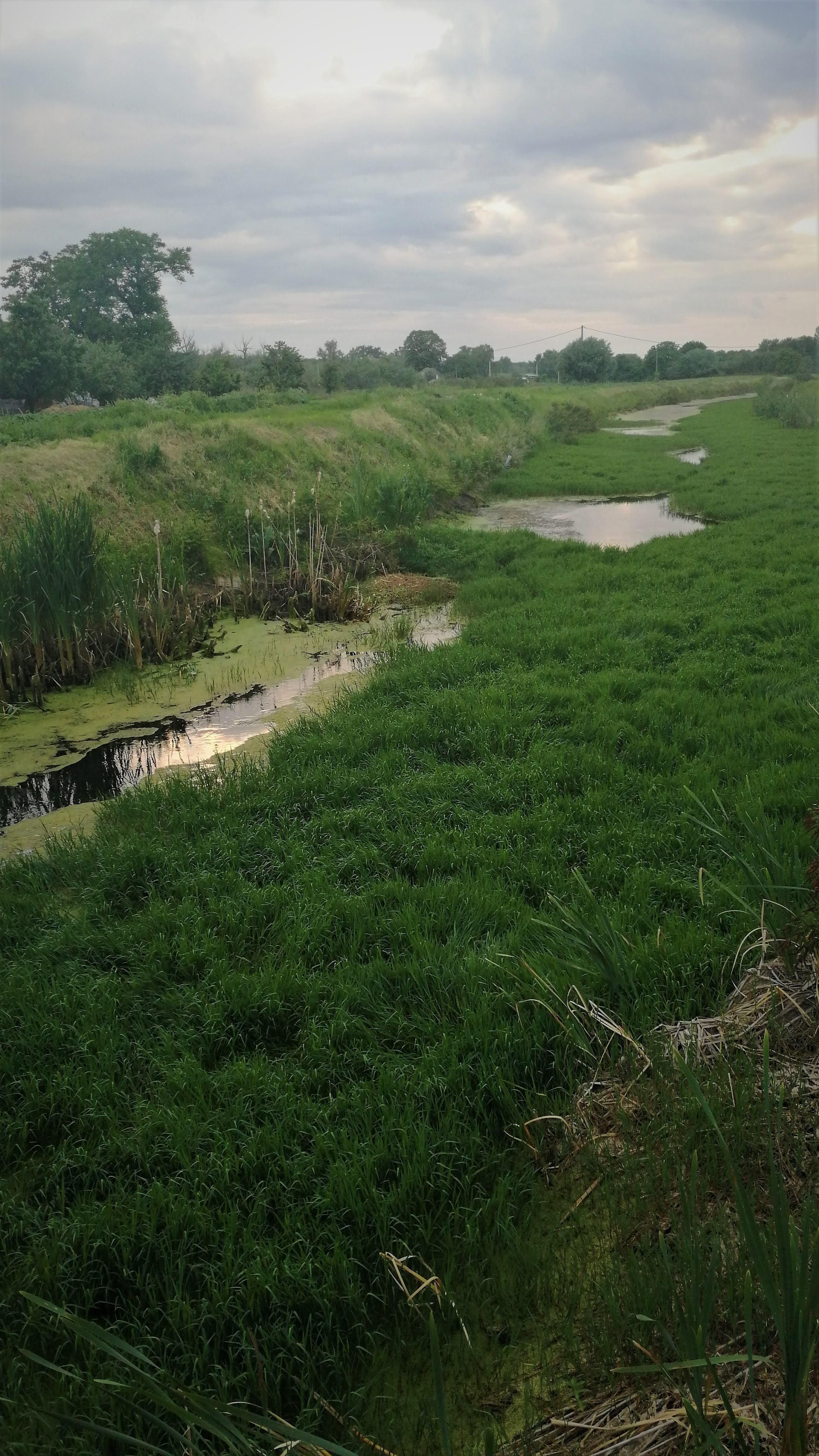Funder: The European Union in partnership with the Ministry of Environmental Protection, implemented by UNDP in cooperation with the Embassy of Sweden and the European Investment Bank (EIB), with additional financial resources provided by the governments of Sweden, Switzerland and Serbia.
Period: 2023-2024.

Project coordinators:
Team members from IBISS:
Partners:
DEA LOYALTY D.O.O.
Faculty of Physical Chemistry, University of Belgrade
The potential of plant biomass can be used for the production of "biocoal" to meet the growing demand for energy and reduce the emission of harmful gases. The subject of the Biomass for Energy and Biodiversity (B4EB) project is a planned use of hydrophilic vegetation dominated by alien rapid-growth species. These invasive communities are found in the artificial water systems of Banat and in the riparian zone of the Danube reservoirs. We confirmed that the thermal performance of the target species is satisfactory and measures 16.1-17.6 MJ/kg (thermal performance of lignite is 6-13 MJ/kg). The combustion of biomass-derived energy is considered carbon neutral in terms of emissions. The planned use of targeted non-native vegetation will have a positive impact on biodiversity (preservation of natural biocenoses, many of which are endangered, and habitats of rare and protected species), while redirecting funds for regular maintenance of water management systems (dams, canals and pumping stations). Multipurpose use includes conversion to thermal energy (heating residential and commercial buildings) and development of procedures for the use of biomaterials to store electrochemical energy. The project plans for the analysis of raw materials and the optimization of product quality in terms of energy value, combustion characteristics and type of use (industrial/household).
IBISS uses analytical cookies to analyze the use of the site in order to improve the user experience, by clicking "Accept" you consent to the use of cookies.